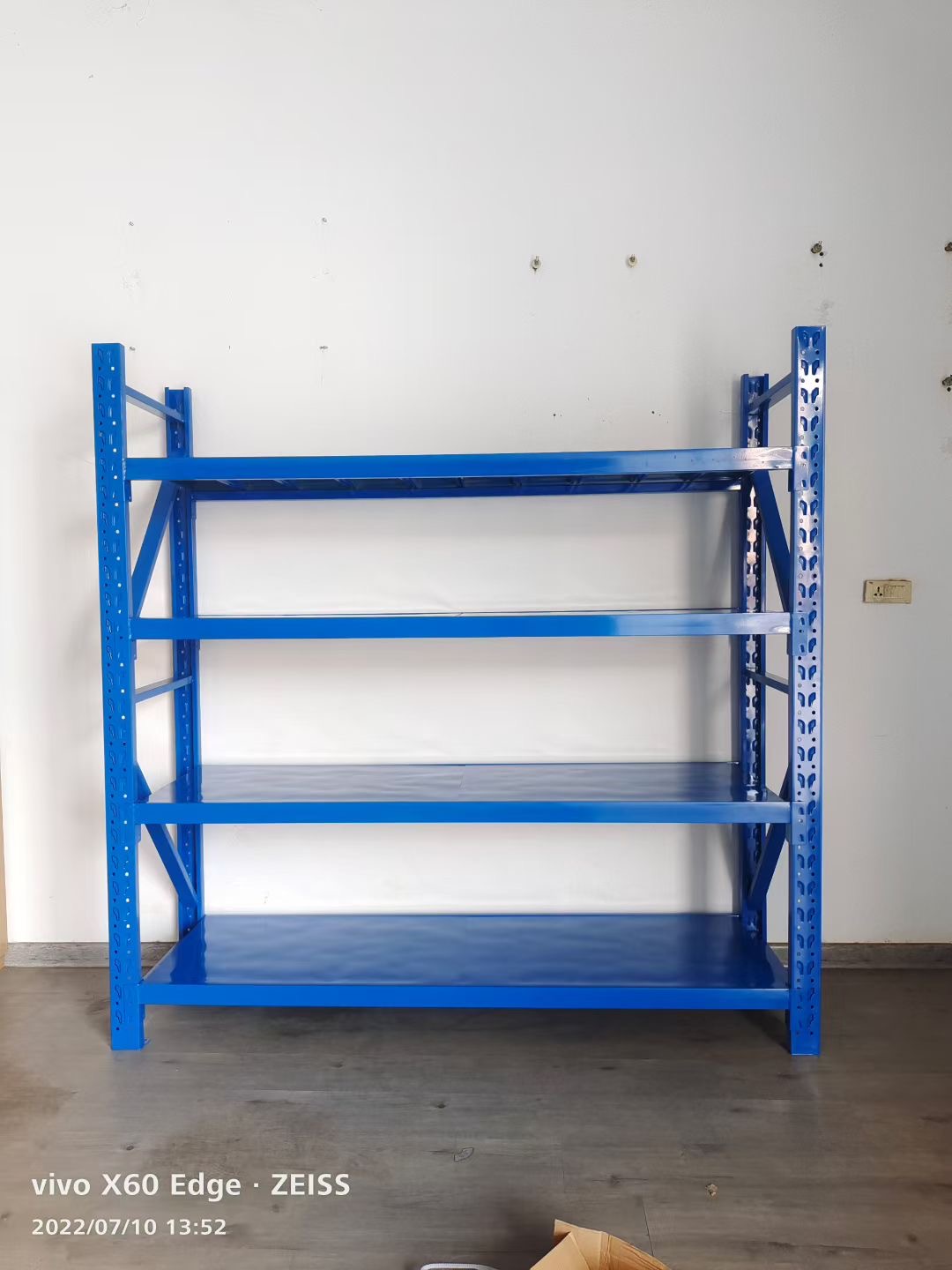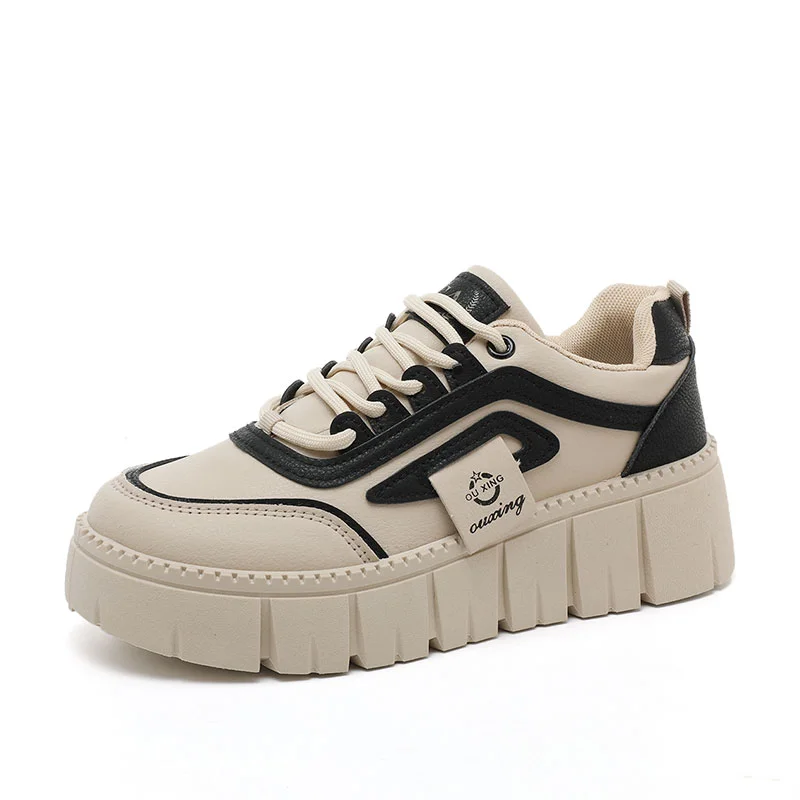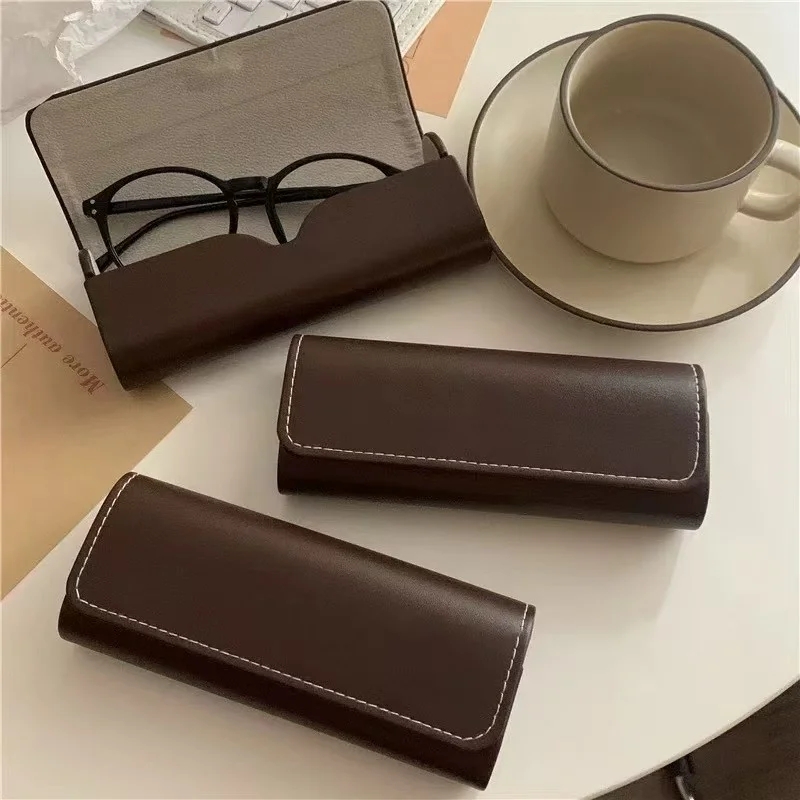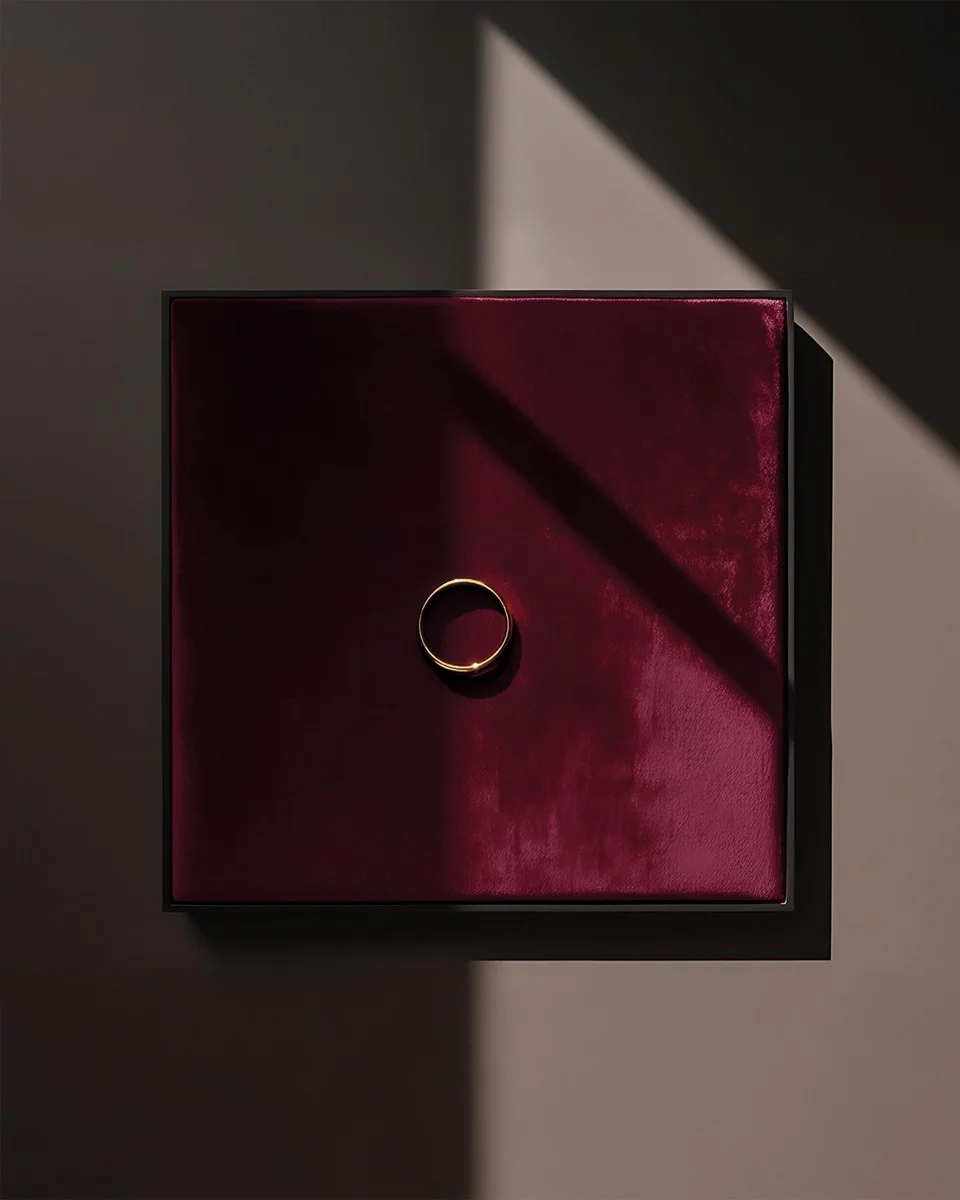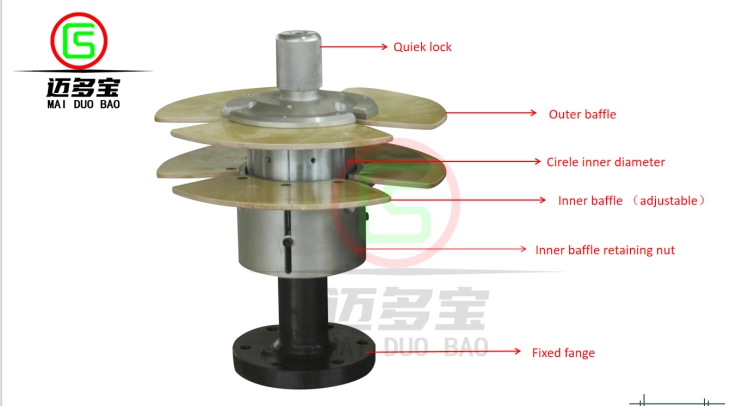
In today's world, the term custom is thrown around a lot, especially in the world of fashion and luxury goods. But what does it really mean? Does custom mean handmade? The answer is not as simple as you might think.
Customization is the process of tailoring a product or service to meet the specific needs or preferences of an individual customer. This can include everything from choosing the color and fabric of a suit to designing a unique piece of jewelry. Handmade, on the other hand, refers to products that are created entirely by hand, without the use of machines.
While custom and handmade are often used interchangeably, they are not the same thing. A product can be custom-made without being handmade, and vice versa. For example, a custom suit may be made by a tailor using a combination of hand and machine sewing techniques, while a handmade piece of jewelry may be one-of-a-kind but not necessarily customized to the customer's specifications.
So why is the term custom so often associated with handmade? One reason is that many luxury brands use the term to imply exclusivity and craftsmanship. Handmade products are often seen as more valuable and desirable than mass-produced items, and the term custom adds an extra layer of personalization and uniqueness.
However, it's important to note that not all custom products are created equal. Some companies use the term as a marketing ploy, offering limited customization options that don't truly meet the customer's needs. Others may use a combination of hand and machine techniques to create a product that is technically custom-made but lacks the attention to detail and quality that true handmade products offer.
In conclusion, while custom and handmade are not the same thing, they are often used together to create a sense of luxury and exclusivity. When shopping for custom products, it's important to do your research and choose a company that truly values craftsmanship and attention to detail. Don't be fooled by buzzwords – true quality speaks for itself.
